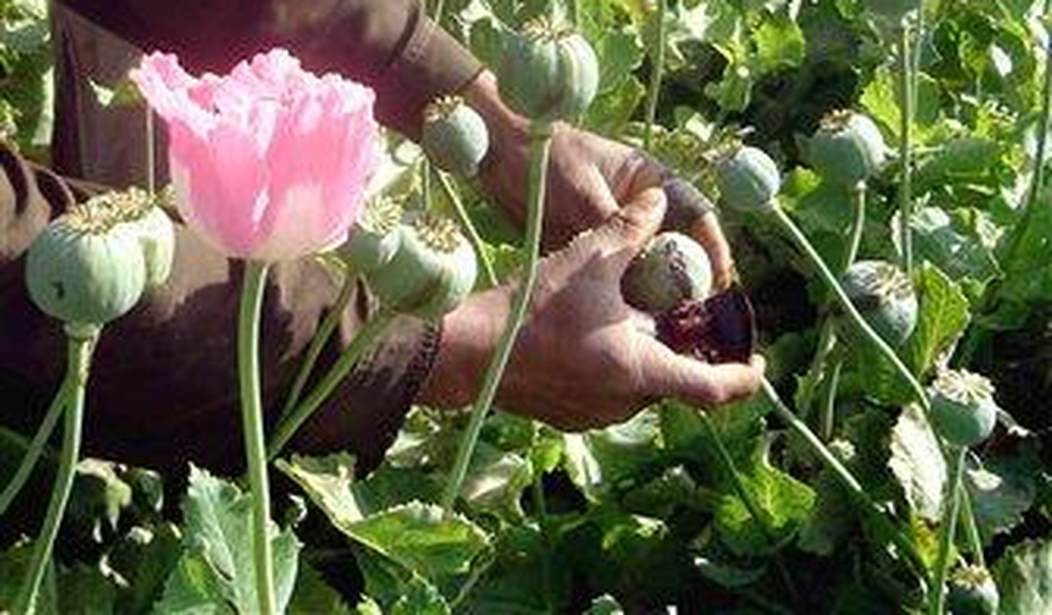The Taliban says it is moving to ban opium production in Afghanistan in an effort to secure international recognition for the regime.
But will the world forget the previous 20 years the Taliban benefitted financially from the drug trade? The Taliban standardized and grew the opium industry to facilitate the financing of their insurgency. They recruited poppy farmers and taxed their crops, undermining U.S. and Afghan government efforts to destroy the drug trade.
Now, the Taliban is looking for legitimacy. At what cost will that legitimacy come?
Two decades of U.S. attempts to curb Afghanistan’s drug business have failed, partly due to the huge political cost of alienating Afghan farmers who depend on the poppy crops for their livelihoods.
Taliban attempts to do the same could undermine public support for the group and deprive its new administration of an important source of revenue at a time when Afghanistan is cut off from the global financial system and foreign aid.
An opium farmer in Kandahar, who attended a recent meeting between villagers and the Taliban, said in a phone interview that farmers were unhappy but would have no choice but to obey if the Taliban move to enforce the prohibition.
When the Taliban was in power prior to the U.S. invasion, they also banned opium production — at first. But after realizing the importance of the poppy crop to Afghanistan’s economy, they began to only punish users, not growers. But that ended in 2000, when the Taliban once again began to crack down on growers. They were seeking international recognition then, too.
Recommended: Who Will Control Kabul Airport After U.S. Forces Leave on August 31?
When the U.S. tried to stop the growing of poppies, it incentivized farmers by trying to get them to grow something else. Saffron was one alternative, but it never really caught on because it wasn’t half as lucrative as growing poppies.
The sad truth is that it was never realistic to expect a ban on growing a cash crop such as poppies could ever be enforced.
After 2001, the U.S. spent some $9 billion over 20 years trying to prevent Afghanistan from supplying the world with heroin, to no avail. Led mostly by the State Department and the Drug Enforcement Administration, the U.S. efforts included paying farmers to destroy their poppies, a policy that ignited a poppy-growing fever among others trying to cash in.
The U.S. also funded Afghan eradication teams that turned impoverished farmers’ crops into mulch, enraging communities.
The program also drove an important segment of the Afghanistan economy to join the Taliban.
Washington gave up on eradication by 2010, partly because the effort pushed large parts of the rural population to join the Taliban. The U.S. Agency for International Development worked to persuade Afghan farmers to grow saffron, pistachios or pomegranates instead. But export opportunities for those products were scarce.
Last year, Afghan farmers grew poppies on land four times the size of what they did in 2002.
What does the Taliban expect by banning it this time around? It’s likely that opium production will be used to financially fuel a rebellion against them. That’s been the pattern in previous decades and with financial resources limited, Afghan rebels will once again turn to opium for their salvation.
Recommended: France and Britain Will Ask the UN To Create a ‘Safe Zone’ in Kabul to Continue Evacuations
Afghanistan produces more raw opium than any other nation. They produce 90 percent of illicit opium in the world. This is not a crop that can be eradicated easily — or cheaply.










Join the conversation as a VIP Member